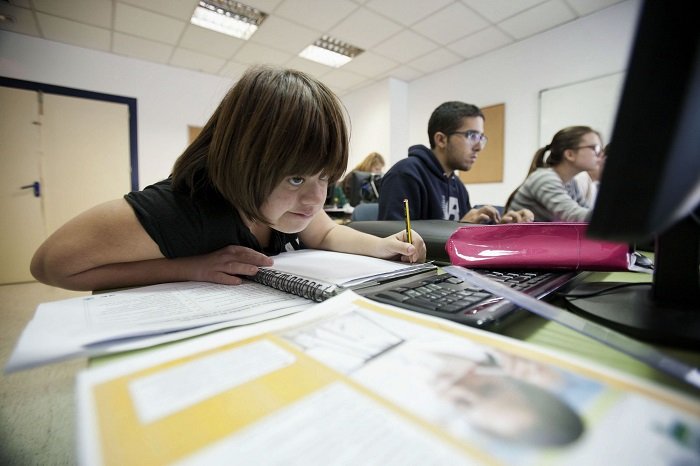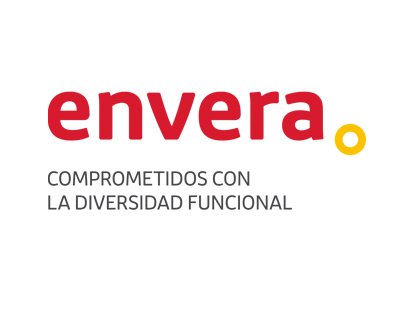Envera joins the Platform "Inclusive education YES, special ALSO" in defense of equal opportunities
Special Education is the best guarantee to meet the needs of students with intellectual disabilities and to achieve their social inclusion.
Madrid | April 29, 2020
The president of Envera, José Antonio Quintero, has signed the adhesion of Envera, a non-profit organization working since 1977 to achieve the social and labor inclusion of people with intellectual disabilities, to the Platform Inclusive Education YES, special ALSO, which was born "at the initiative of people with disabilities, their families and teachers deeply concerned about the elimination of special education centers in the Spanish education system.
The objective of Inclusive Education YES, special ALSO is "to defend the right of people with disabilities to enjoy a real inclusion in society", a mission that "is not incompatible with the coexistence of Special Education schools as centers specialized in giving each student the education he/she needs".
Under this premise, Envera shows its commitment to defend the right of more than 37,000 families with children with intellectual disabilities and special educational needs to decide on their education so that they have the necessary support to enable them to achieve a decent future based on equal opportunities.
Inclusive YES, special ALSO was born at the beginning of 2019 as a response to the debate that arose in several autonomous communities about "the convenience of making Special Education centers disappear arguing that they are discriminatory elements" for their students. The proposal to eliminate these centers, promoted by CERMI (Spanish Committee of Representatives of People with Disabilities), was well received by the then acting Minister of Education, Isabel Celaá, who wanted to materialize it in the form of a law. However, criticism from families, professionals and social organizations put the brakes on what in the words of the president of Envera "is an aberration": the closure of Special Education centers.
In fact, according to the survey data on the degree of satisfaction of families and professionals of the Special Education Centers of the Community of Madrid, 87% of the 1,500 people consulted are very satisfied with these centers,99% consider individualized attention essential and90% are against the closure of the centers.
The controversy has been rekindled in recent days with the inclusion, in the fourth additional provision of the Draft Organic Law for the Modification of the Education Law (LOMLOE), that "the Government, in collaboration with the Educational Administrations, will develop a plan so that, within ten years (...) the ordinary centers have the necessary resources to be able to attend students with disabilities in the best conditions. -The educational administrations will continue to provide the necessary support to special education centers so that, in addition to providing schooling for students who require highly specialized attention, they will act as reference and support centers for regular centers".
The concern of families and professionals lies precisely in the last part of that paragraph of the law, since currently only 17% of students with special needs attend these centers, being already an absolute minority, as reported by El Confidencial,
The Platform also criticizes the fact that the Government has processed this Bill in the midst of the health and social crisis caused by the coronavirus.
The president of Envera, father of a severely disabled person, warns that people with intellectual disabilities can suffer failure, dropout and even bullying to a greater extent than other students in regular schools.
"Everyone needs equal opportunities. It is necessary that the administrations are advised listening to experts, families and students because intellectual disability is very broad, even if we focus on a specific syndrome, and these students need support, resources and personalized attention, "said Quintero in statements to Radio Terrícola (minute 39:40).









